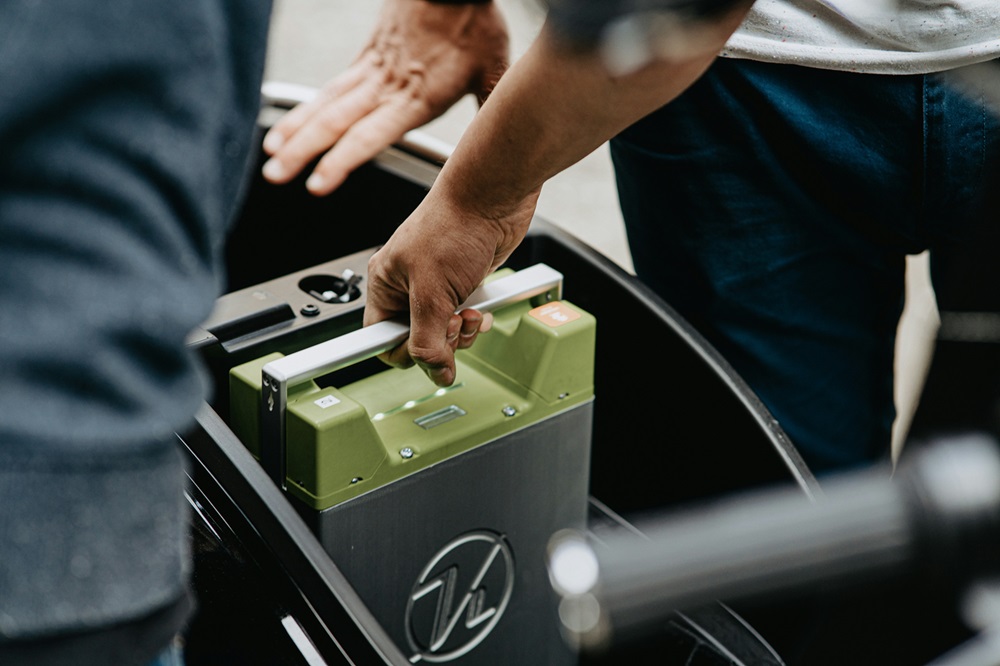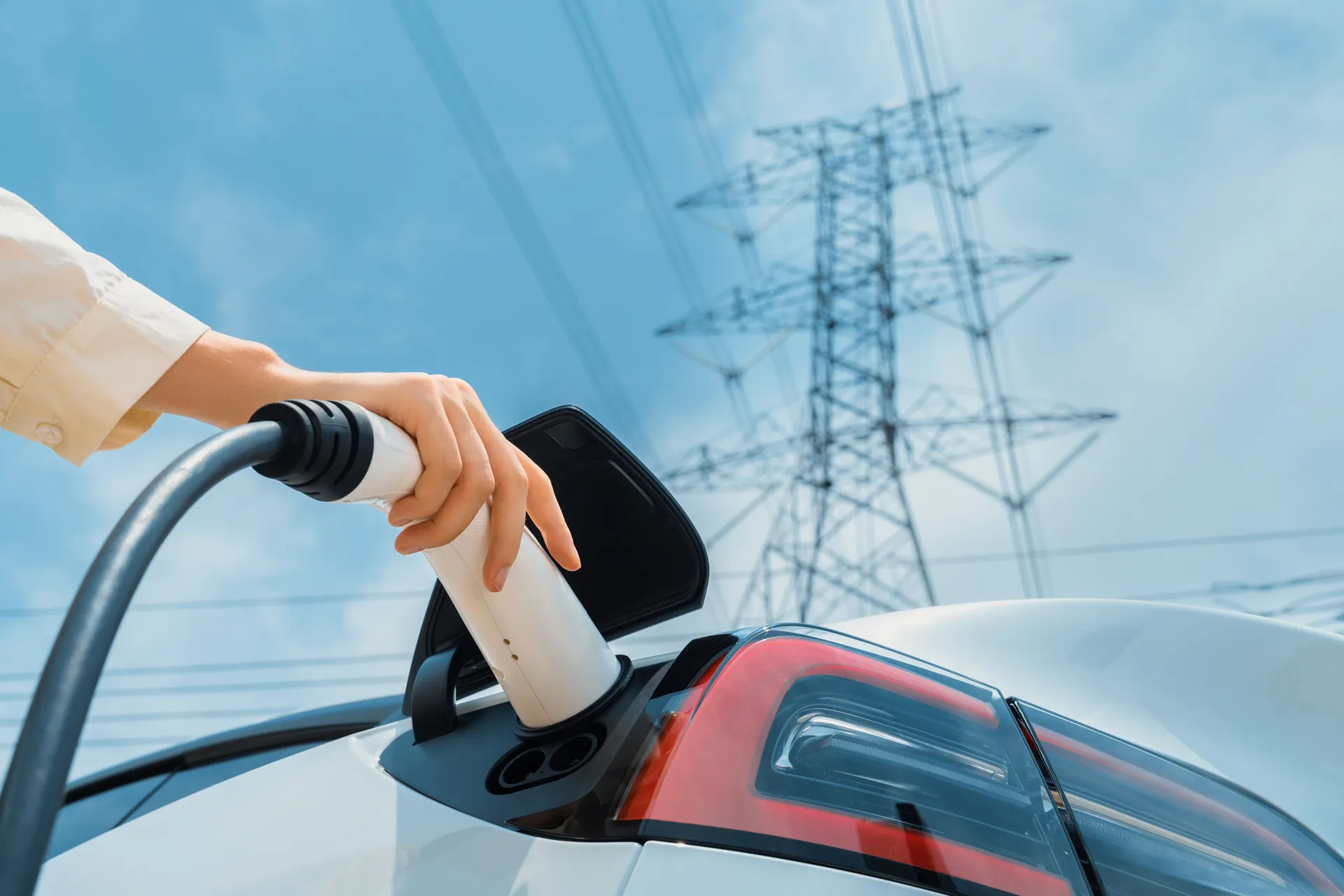India’s push to reduce imports of lithium-ion (Li-ion)
batteries and promote domestically manufactured batteries is a central strategy
to accelerate the adoption of electric vehicles (EVs) and foster sustainable
economic growth. This initiative is closely tied to India’s target of having
EVs account for 30% of total vehicle sales by 2030. The shift from fossil
fuel-powered vehicles to electric vehicles is essential not only for reducing
India’s carbon footprint but also for improving energy security by decreasing
reliance on imported oil. With growing concerns over the supply chain for
critical battery materials, India is taking proactive measures to ensure that
it can support the burgeoning EV market through domestic manufacturing.
To facilitate this transition, the Indian government has
implemented several key policy measures. One significant step is the customs
duty exemption on lithium imports, which lowers the cost of key raw materials
for battery production. Additionally, initiatives like FAME (Faster Adoption
and Manufacturing of Hybrid and Electric Vehicles) and VGF (Viability Gap
Funding) for Battery Energy Storage Systems (BESS) are providing financial
support for the development of EV infrastructure and renewable energy solutions.
A crucial policy that is expected to catalyze large-scale investment in battery
manufacturing is the Production Linked Incentive (PLI) scheme for Advanced
Chemistry Cells (ACC). The PLI scheme offers financial incentives for companies
to set up manufacturing units for Li-ion batteries, helping to attract both
domestic and international investors and foster the establishment of
state-of-the-art battery production facilities.
As the demand for EVs is projected to rise significantly, so
too will the demand for Li-ion batteries. By FY27, India’s battery demand is
expected to reach 54 GWh, largely driven by the growing EV market. This surge
in demand makes it critical for India to develop a self-sufficient battery
supply chain. Localizing battery production will not only ensure a steady and
cost-effective supply of batteries for EV manufacturers but will also help
mitigate the risks posed by supply chain disruptions. By reducing dependence on
imports, India can avoid price fluctuations that often arise due to
international market dynamics, such as changes in global lithium prices or
geopolitical tensions. This will ultimately lead to lower costs for EV
manufacturers and, consequently, more affordable electric vehicles for
consumers.
The establishment of domestic battery production capabilities
offers significant economic and environmental benefits. Locally manufactured
batteries will reduce the cost of EVs by cutting down on import duties and
logistics expenses. Lowering the cost of EVs is crucial for enhancing their
affordability, which will boost adoption rates across the country.
Additionally, India’s competitive labor costs and large-scale manufacturing
potential make it an attractive location for global battery companies looking to
set up production facilities. These developments could lead to technological
innovations that further improve battery efficiency, energy density, and
longevity, contributing to even lower EV prices.
India’s focus on promoting domestic Li-ion battery
manufacturing is a strategic and forward-thinking move that will not only lower
the cost of electric vehicles but also contribute to environmental
sustainability and energy security. By fostering a robust local manufacturing
ecosystem, India can create a stable, cost-effective battery supply chain,
leading to lower EV prices and wider adoption. This shift will also drive the
country’s economic growth by attracting investment, creating jobs, and positioning
India as a leader in the global EV and battery manufacturing sectors. With
continued policy support and technological advancements, India is well on its
way to achieving its ambitious EV goals and contributing to a cleaner, greener future.



